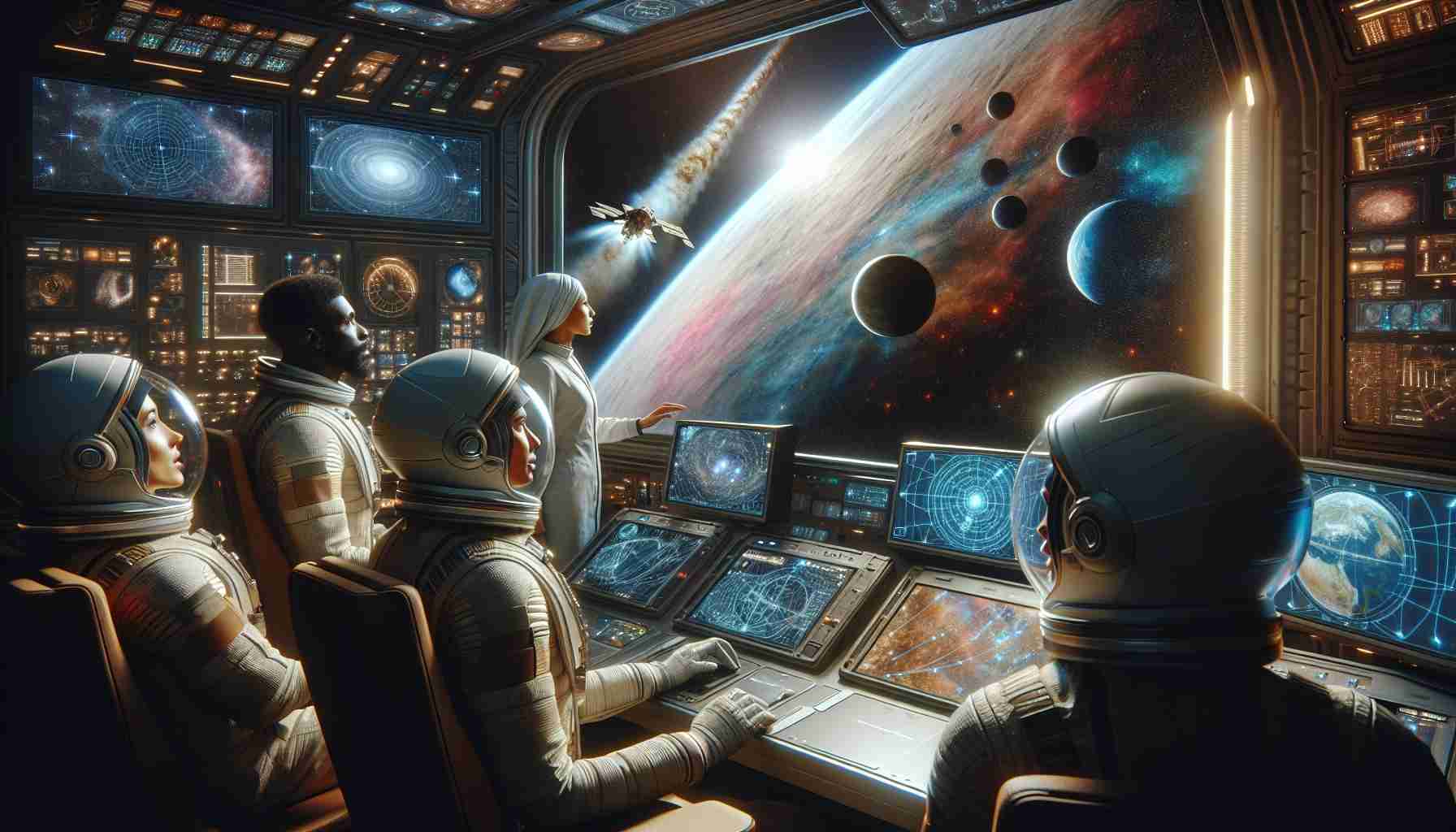Two astronauts, Suni Williams and Butch Wilmore, embarked on a space mission, expecting a short stay at the International Space Station. However, unforeseen circumstances have extended their journey to over 150 days and counting.
Contrary to online speculations about their health, Williams and Wilmore, along with NASA officials, have assured the public that they are well taken care of on the ISS, focusing on maintaining their physical well-being through specialized diets and fitness routines.
Monitoring by dedicated flight surgeons and individualized health regimens help ensure that the astronauts remain in good health despite the challenges posed by the zero gravity environment of space.
Exercise plays a crucial role in counteracting the effects of prolonged space travel on the body, with the astronauts dedicating over two hours daily to physical activities like running, biking, and weight lifting.
Aside from personal fitness, Williams and Wilmore stay occupied by contributing to ISS maintenance and conducting research projects that explore the impact of zero gravity on human physiology.
Looking ahead, the astronauts are scheduled to return to Earth early next year via a SpaceX mission, marking the end of their five-month-long expedition that has surpassed their initial expectations.
Space Expedition Success Highlights Unforeseen Challenges and Achievements
Two astronauts, Suni Williams and Butch Wilmore, have surpassed their initial expectations on a space mission that was originally planned to be a short stay at the International Space Station. As their journey extends over 150 days and counting, new questions and challenges arise in the realm of space exploration.
Key Questions:
1. What are the long-term effects of extended space missions on astronaut health?
2. How do astronauts handle unforeseen circumstances and adapt to prolonged stays in space?
3. What lessons can be learned from Williams and Wilmore’s experience for future space expeditions?
Key Challenges and Controversies:
– Maintaining physical and mental well-being in the zero gravity environment poses significant challenges for astronauts.
– Balancing personal health and fitness routines with the demands of research and maintenance tasks on the ISS can be a delicate juggling act.
– The impact of extended space travel on human physiology remains a topic of ongoing research and debate.
Advantages:
– Extended space missions provide valuable data on the effects of long-term space travel on the human body, aiding in the planning of future missions.
– The dedication and resilience of astronauts like Williams and Wilmore showcase the capabilities of humans in adapting to challenging environments.
– Contributions to ISS maintenance and research projects during extended stays expand scientific knowledge and further space exploration efforts.
Disadvantages:
– Prolonged exposure to the zero gravity environment can have negative effects on muscle and bone health, requiring rigorous exercise regimens to mitigate these risks.
– The psychological strain of long-duration space travel, isolation, and confinement can impact astronaut mental health and well-being.
– Unforeseen circumstances during space missions can test the limits of astronaut training and resources available on the ISS.
Reflecting on the achievements and challenges faced by Williams and Wilmore during their extended space expedition offers valuable insights into the complexities of space exploration. As they prepare to return to Earth via a SpaceX mission, their journey serves as a testament to the dedication and perseverance required for successful interstellar exploration.
For more information on space exploration and astronaut missions, visit NASA’s official website.
